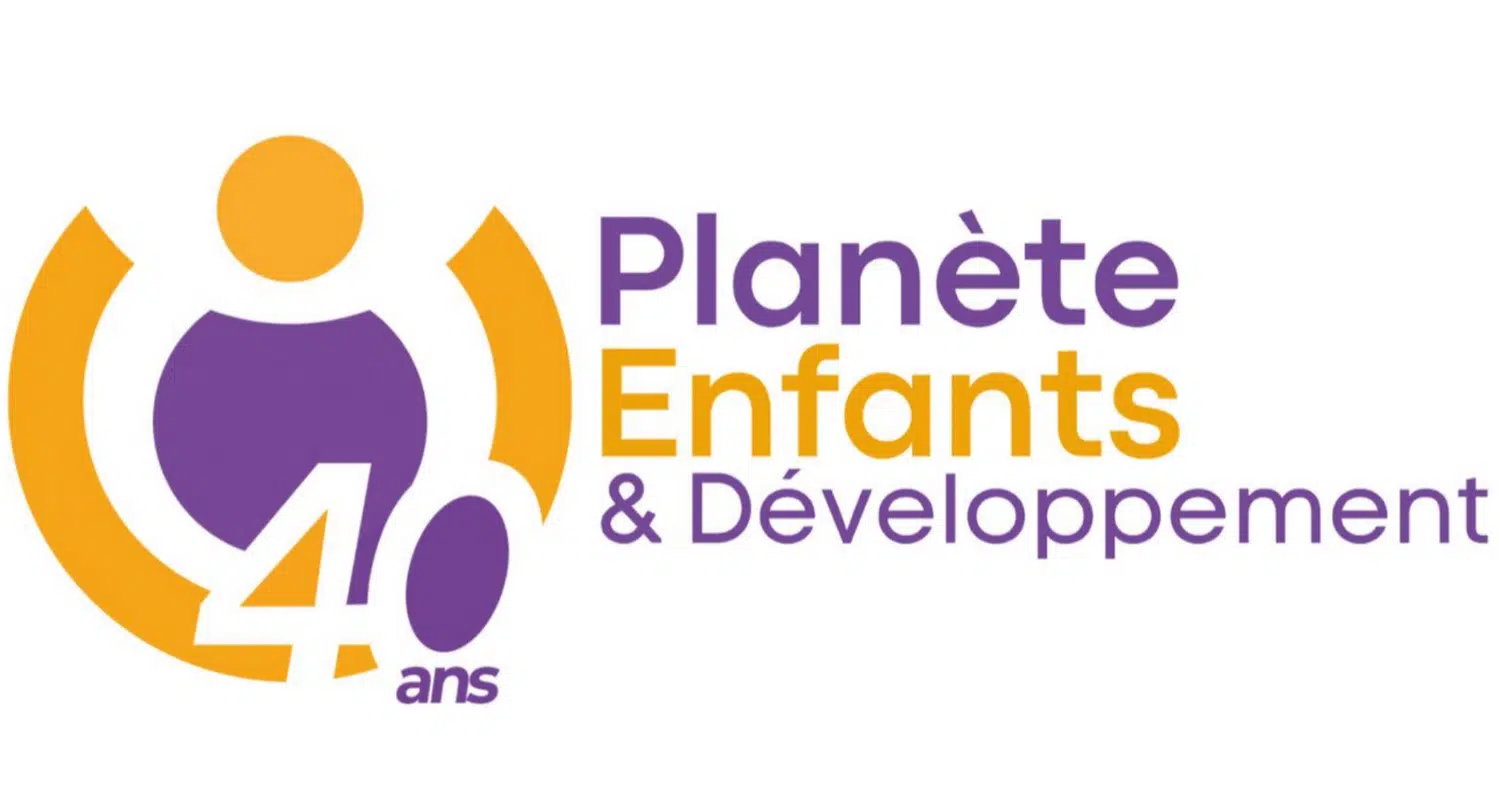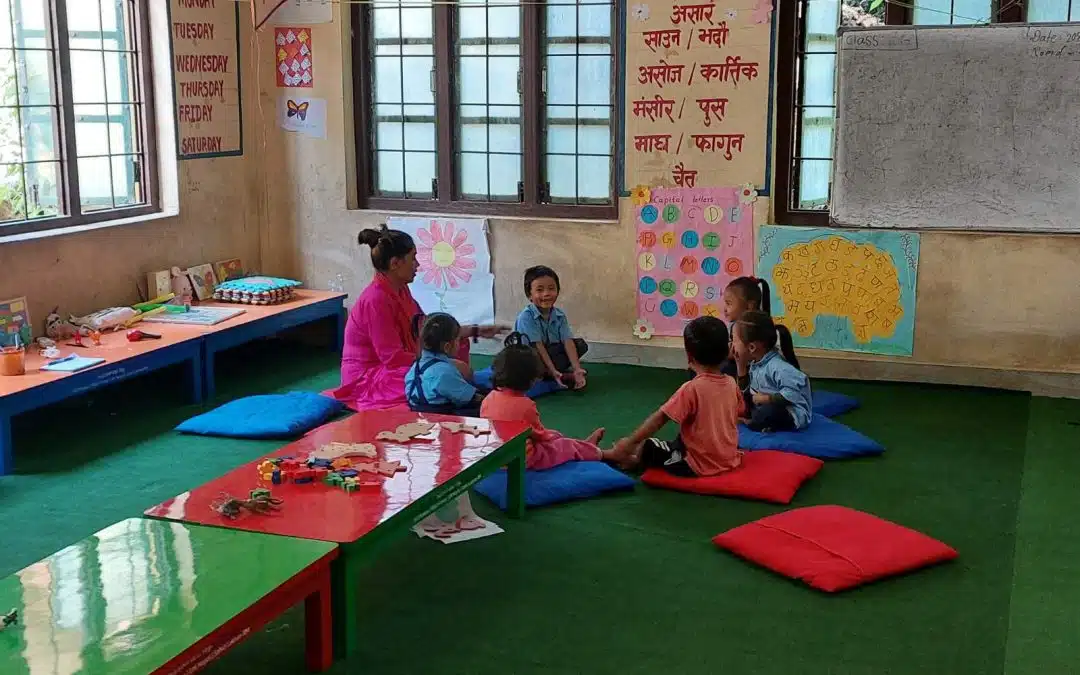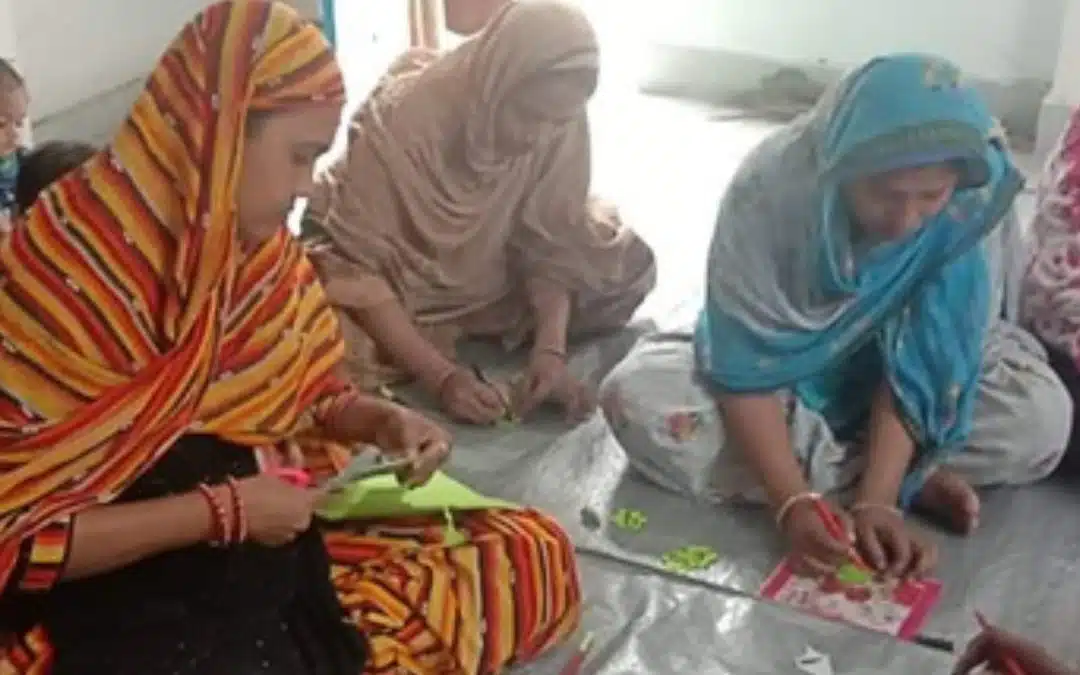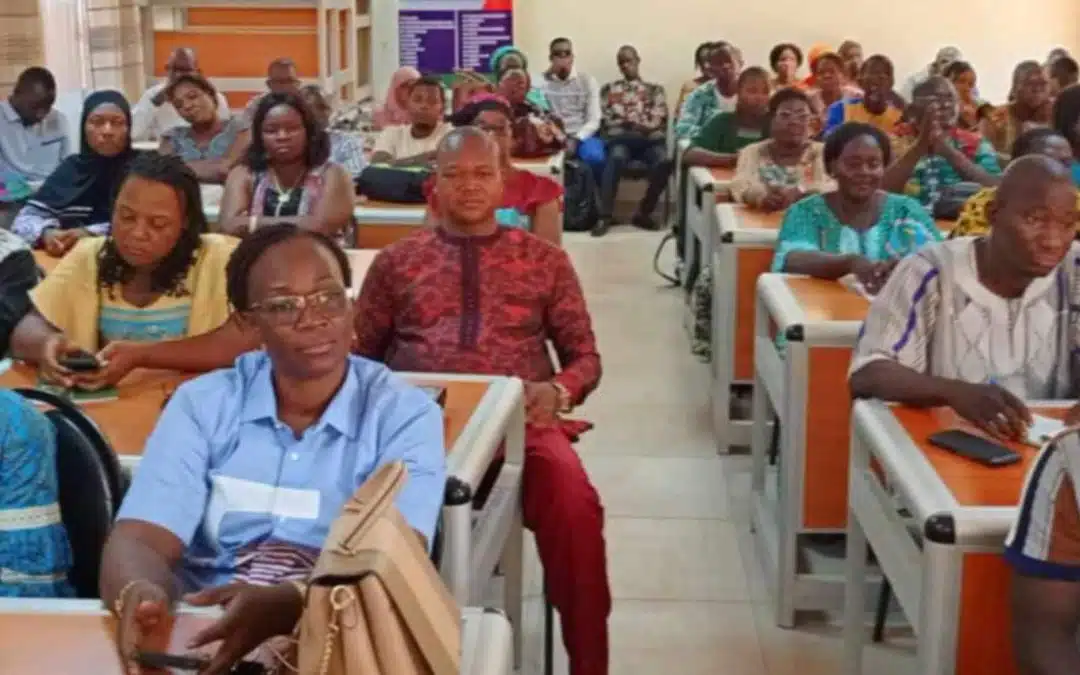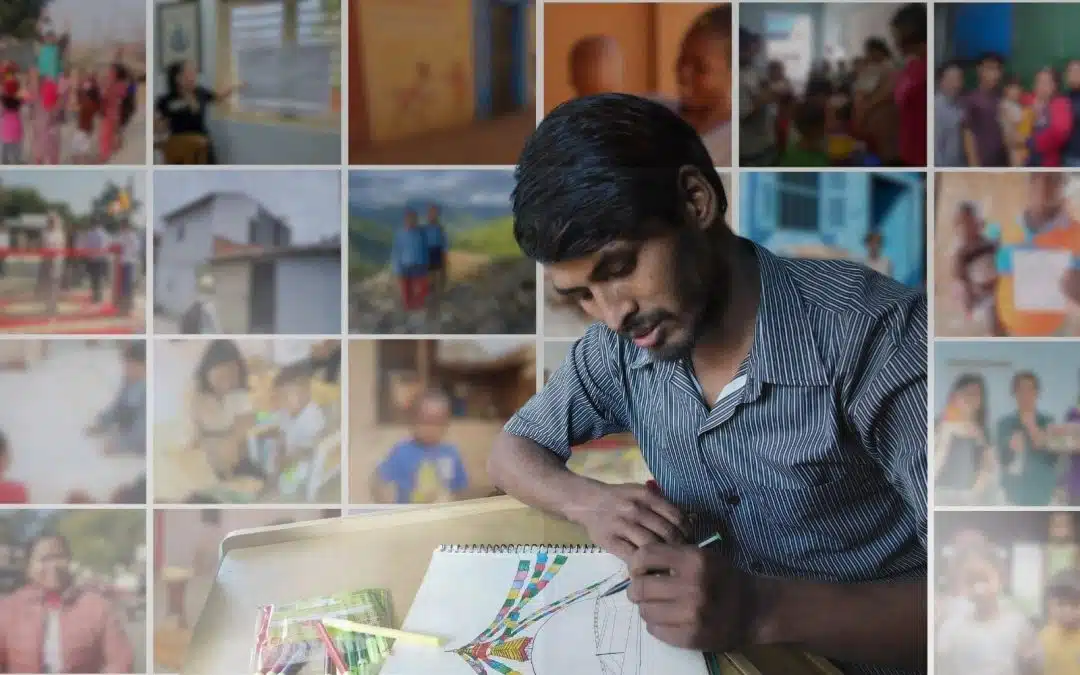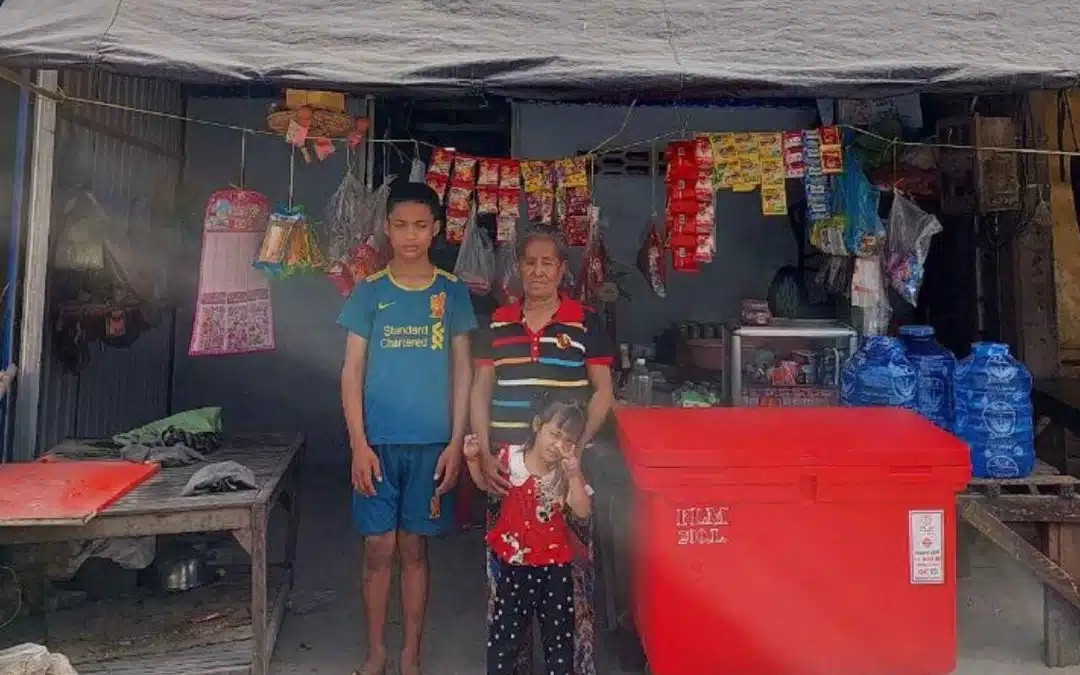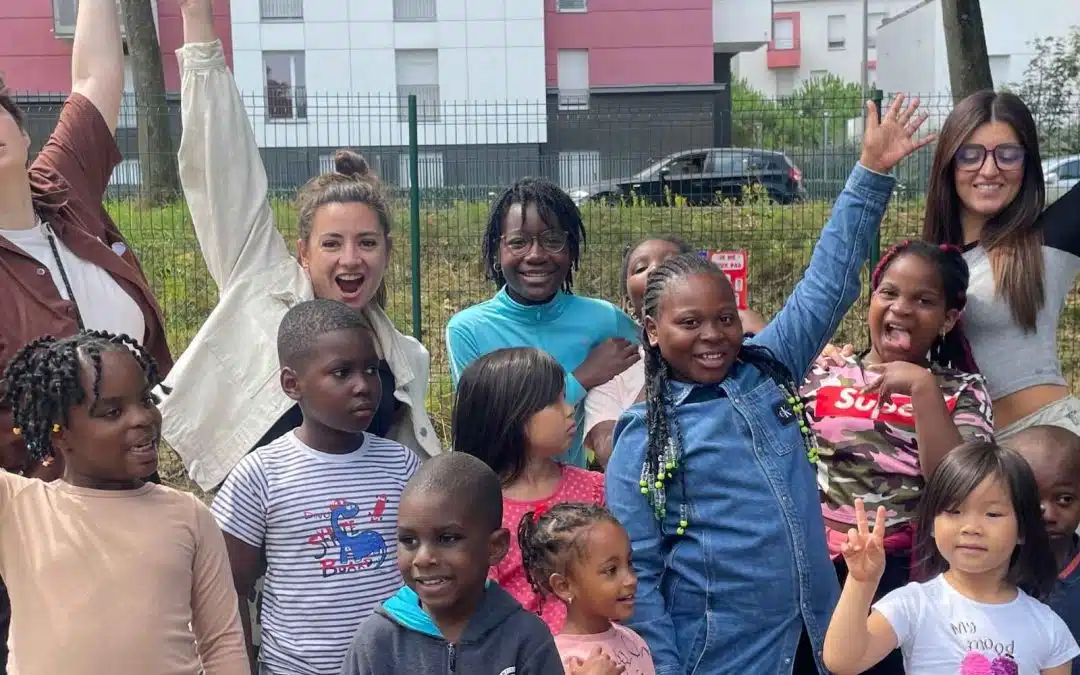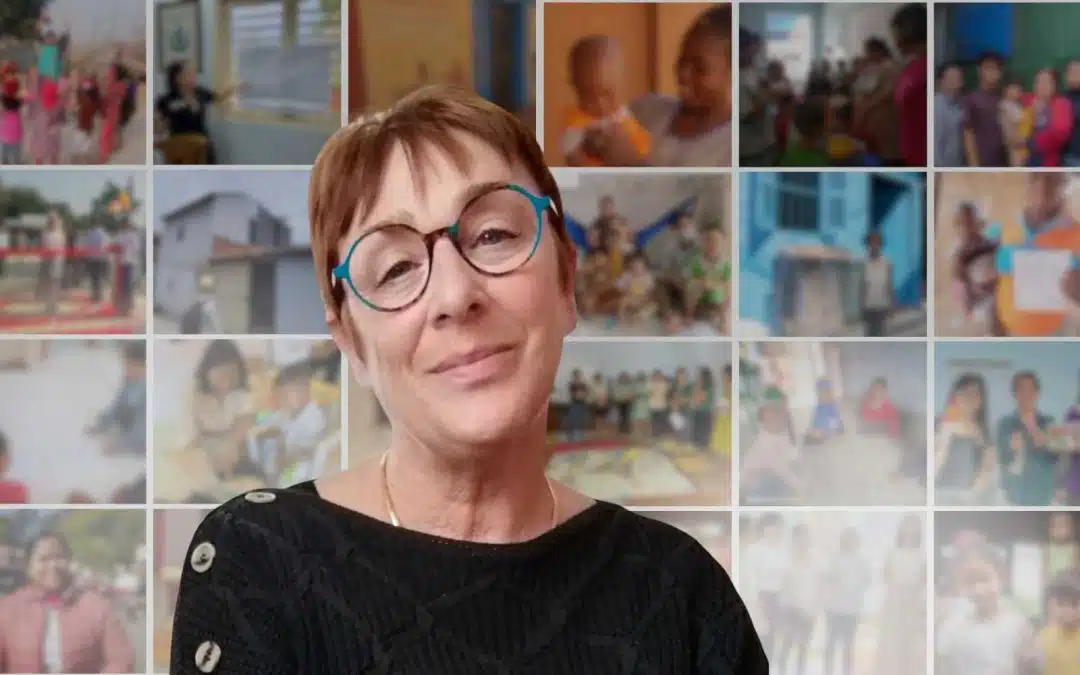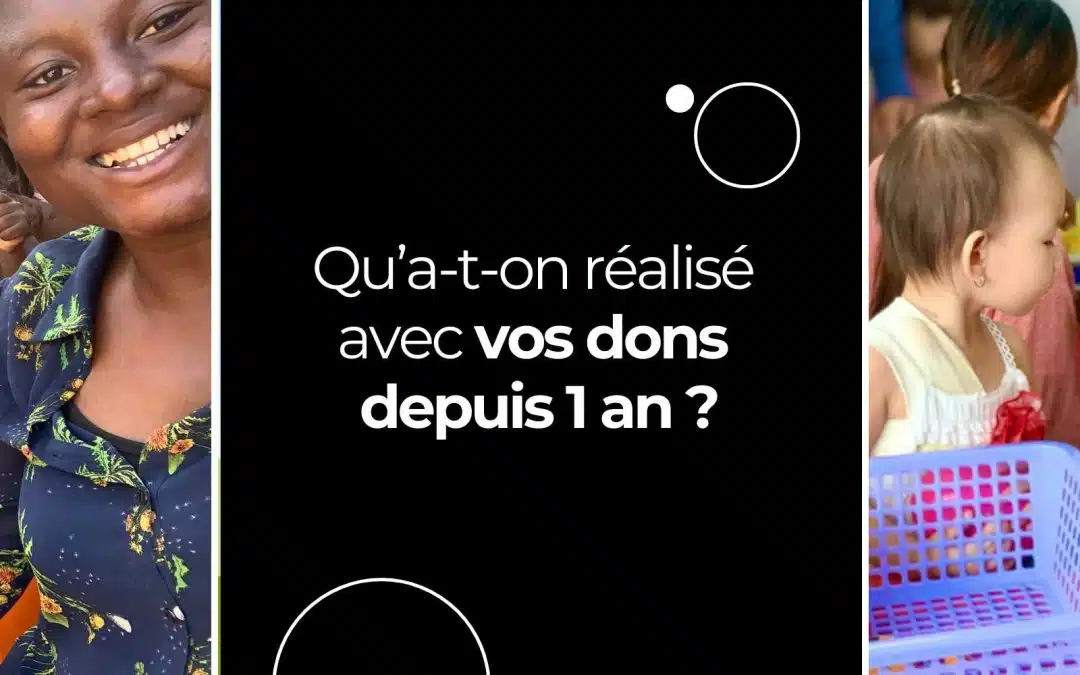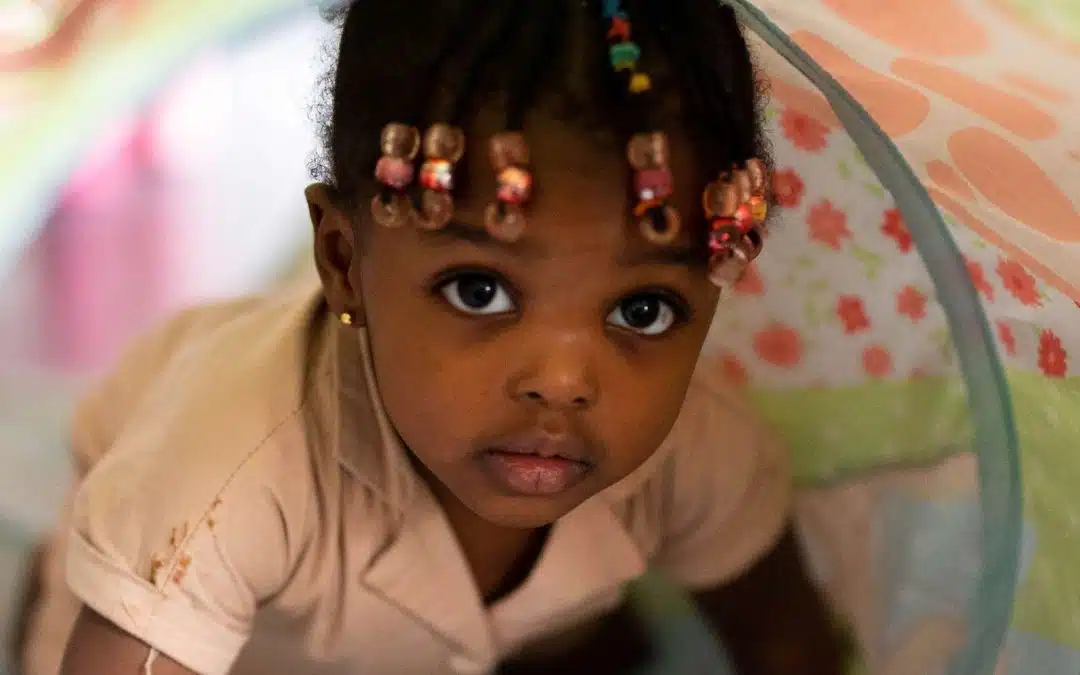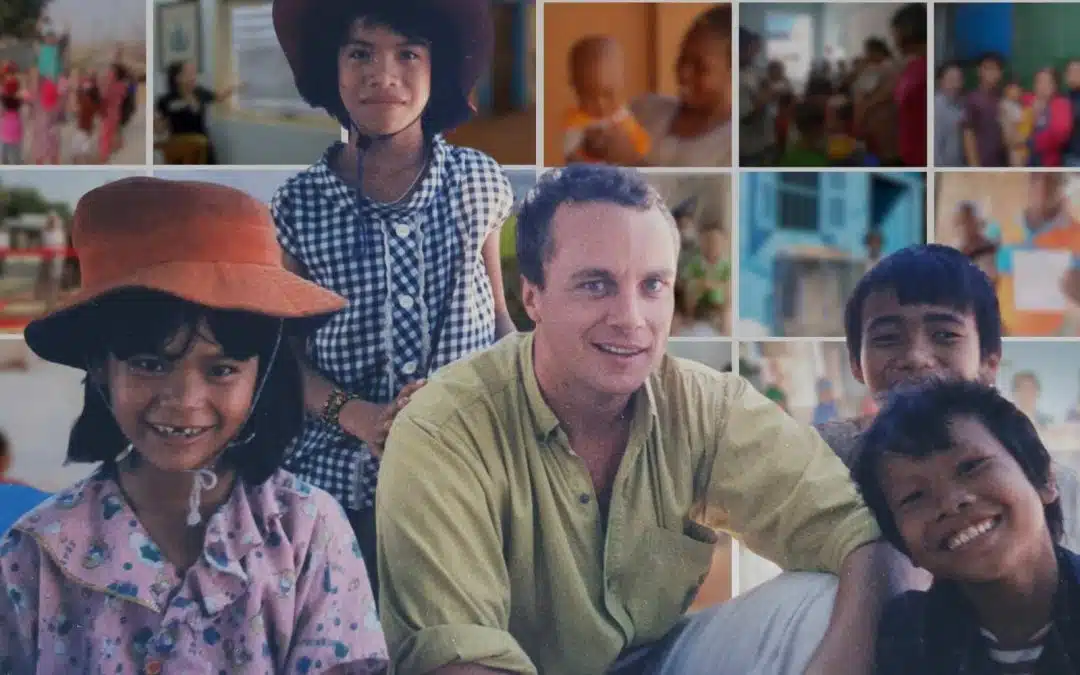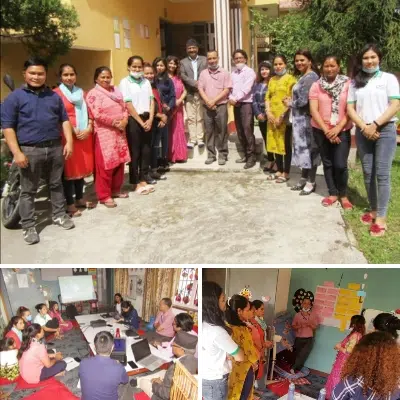 On June 22nd, our Nepalese team and its local partner Child Nepal met in Kathmandu for the closing meeting of the project "A better future for mothers and children". It was an opportunity for the 15 participants to come back on the strong points, the obstacles met and the lessons to be learned before continuing the program in favor of the development of the early childhood.
On June 22nd, our Nepalese team and its local partner Child Nepal met in Kathmandu for the closing meeting of the project "A better future for mothers and children". It was an opportunity for the 15 participants to come back on the strong points, the obstacles met and the lessons to be learned before continuing the program in favor of the development of the early childhood.
"A better future for mothers and children" what is it?
From March 2017 to June 2020, the project accompanied women working in the leisure sector in Kathmandu (dance bars, massage parlors, cabarets, restaurants...) and their young children thanks to the establishment of a nursery school. In 3 years, 92 children from 2 to 6 years old were able to be welcomed there. A chance for them to escape the violent world of their mothers' workplace and to be educated in good conditions.
What are the strengths of this project?
In addition to the children's schooling, the project also helped the mothers to take care of their children (hygiene, nutrition, etc.).
Women victims of violence have benefited from a psycho-social follow-up. We have accompanied several of them in their professional reconversion, in order to develop new income-generating activities and thus escape from exploitation and violence.
Finally, we have sensitized the municipalities the importance of early childhood care and the need to provide a specific budget for its development.
What were the obstacles encountered?
L'lack of identity documents and birth certificate for some recipients, the lack of means to provide sufficient financial support to the most vulnerable, the lack of male participation education of their children, and finally the women's shifting schedules (night work) and their difficulties in getting their children to school in the morning are the main difficulties encountered.
What lessons can be learned for the future?
For the rest of the program, which will start next August, several recommendations emerging from the team:
Provide a legal support to better support women victims of violence in their efforts.
Then, make sure that the preschool is not too far from the beneficiary mothers' workplace (bars, restaurants...) to guarantee theattendance of children and provide more flexible reception hours and if possible an opening 6 days a week.
Finally, achieving more home visits with women who are victims of violence because they help to strengthen the bonds of trust and to set up a emergency fund for the most vulnerable women and girls.
The project is closed but we continue to accompany young children in Nepal through the Maternelle de l'Espoir in Kathmandu and the extension of activities in other schools in the capital and in the Dhading district.
Over the next three years, with the help of our local partners Child Nepal and Prayash Nepal, we will work with schools and teachers in 62 preschool classeswelcoming 2500 children from 3 to 6 years old. Our goal : improve the quality of educationThe course is based on the use of a variety of teaching tools and an active pedagogy, reduce absenteeism and provide more opportunities for academic success to children from disadvantaged backgrounds.
This project also aims to educate parents the importance of stimulation and connection with their young children at home and more generally to to raise public awareness of the issue of the development of 0-6 year olds.
We'll tell you more soon!
July 16, 2020
